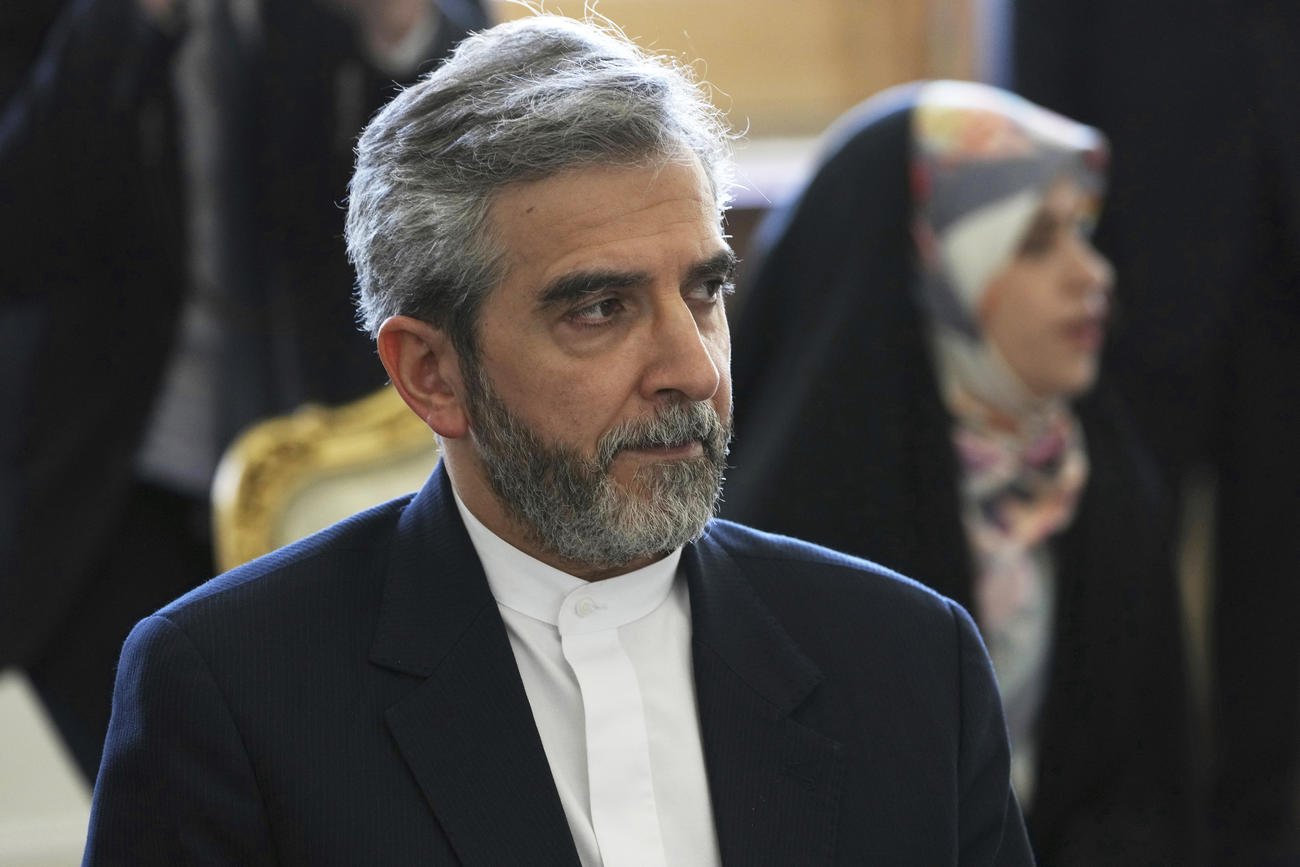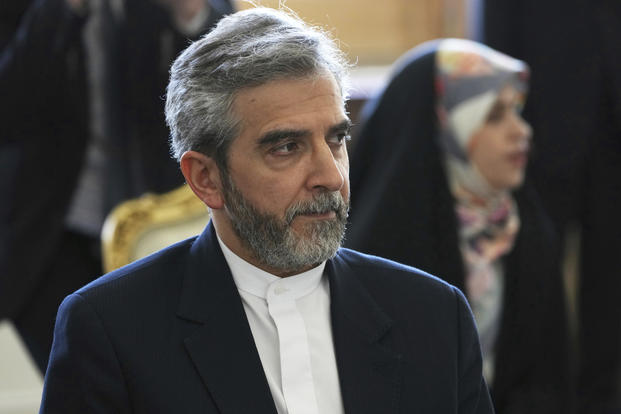

DUBAI, United Arab Emirates — Indirect negotiations between Iran and the U.S. over Tehran’s tattered nuclear deal with world powers ended Wednesday in Qatar after failing to make significant progress, a European Union mediator said.
Enrique Mora made the comment on Twitter after what he described as two days of “intense” talks he oversaw in Doha.
“Unfortunately, not yet the progress the EU team as coordinator had hoped-for,” Mora wrote. “We will keep working with even greater urgency to bring back on track a key deal for non-proliferation and regional stability.”
Mora’s comments came hours after the semiofficial Tasnim news agency, believed to be close to Iran’s hard-line Revolutionary Guard, described the negotiations as finished and having “no effect on breaking the deadlock in the talks.”
Tasnim claimed that the American position did not include “a guarantee for Iran benefiting economically from the deal,” quoting what it described as unnamed “informed sources.”
“Washington is seeking to revive the (deal) in order to limit Iran without economic achievement for our country,” the Tasnim report claimed.
U.S. Special Representative Rob Malley spoke to the Iranians through Mora during the talks. Mora then took messages to Iran’s top nuclear negotiator Ali Bagheri Kani.
After the Tasnim report, Foreign Minister spokesman Nasser Kanaani issued a statement describing the two-day talks as “being held in a professional and serious atmosphere.”
The State Department did not immediately acknowledge the end of the talks.
“As we and our European allies have made clear, we are prepared to immediately conclude and implement the deal we negotiated in Vienna for mutual return to full implementation of the” nuclear deal, the State Department said in an earlier statement. “But for that, Iran needs to decide to drop their additional demands that go beyond the” deal.
Iran and world powers agreed in 2015 to the nuclear deal, which saw Tehran drastically limit its enrichment of uranium in exchange for the lifting of economic sanctions. In 2018, then-President Donald Trump unilaterally withdrew America from the accord, raising tensions across the wider Middle East and sparking a series of attacks and incidents.
Talks in Vienna about reviving the deal have been on a “pause” since March. Since the deal’s collapse, Iran has been running advanced centrifuges and rapidly growing stockpiles of enriched uranium.
© Copyright 2022 Associated Press. All rights reserved. This material may not be published, broadcast, rewritten or redistributed.
